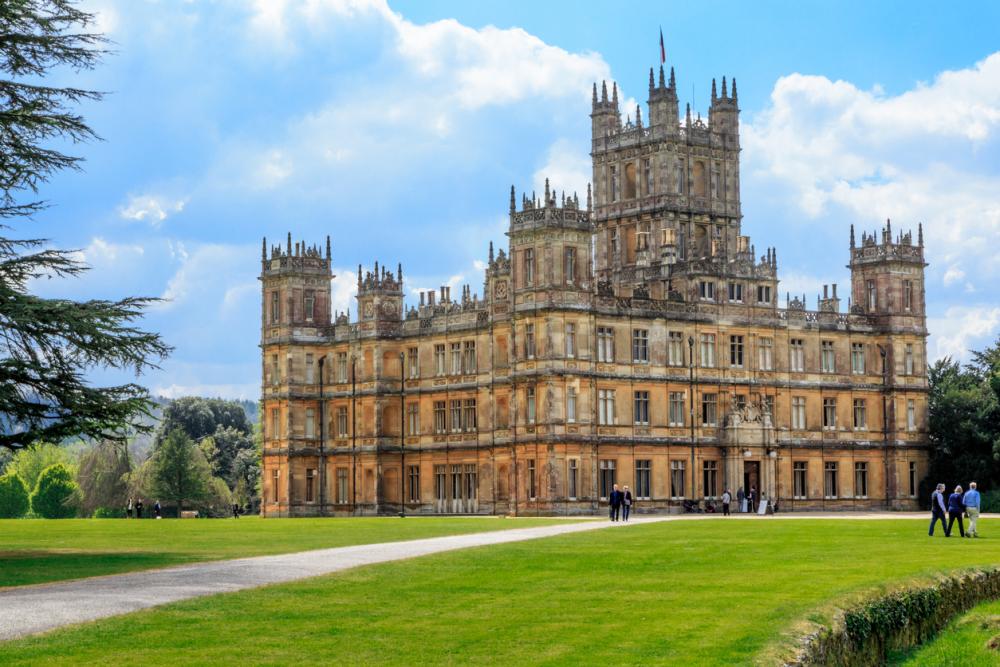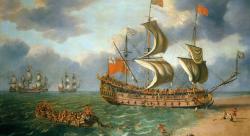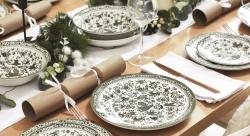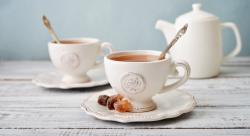English is the second most spoken language in the world (after Mandarin) and being used so widely allows for local adaptations and nuances. This means that, even though essentially the same language, certain words and phrases might only be truly understood by a native of that particular region. Those not from the British Isles might find it inexplicable, for example, that the word ‘lovely’ can be used as both a compliment and an insult, and may be baffled to hear the Prime Minister refer to his opponent as “a big girl’s blouse” during a debate.
Dealing with century-old English, as in the popular series, Downton Abbey, only compounds the problem. Is Lord Grantham patronising his butler by calling him ‘my dear fellow’? And what really makes someone a ‘Lady’? We asked the experts at leading language learning app Babbel (www.babbel.com) to offer up some explanations.
“My dear fellow” - Lord Grantham
Perhaps one of the most memorable deliveries of this line is when Downton’s butler, Carson, confesses that he was once a stage actor. Such was his shame that he offered his resignation, to which Lord Grantham replied “My dear fellow, we all have chapters we would rather keep unpublished”.
The term ‘fellow’ is something most of us would today use as an adjective, referring to “sharing a particular activity, quality or condition with something”. It’s been used to start many famous speeches - think the countless US presidents addressing their “fellow Americans”.
In the UK, however, the word has a somewhat different meaning. ‘Fellow’ is an Edwardian term, a noun usually used to refer to a colleague, partner, companion or friend. While a little outdated, it’s a quintessentially British word that’s easy for a native to understand in its Downton context.
‘Dear’ is another term that can be confusing to foreign ears. To describe someone as a ‘dear fellow’ is to imply that you know them and are fond of them - but it could equally be used in a rude manner to show superiority or to be condescending. It’s all in the tone and takes a real Brit to be able to spot which way it’s being used (and a true British accent to get away with saying it in the first place).
"Big girl’s blouse” - Bates
In a fiery exchange over cricket, Bates dramatically exclaims “Why do you have to be such a big girl’s blouse about it?”.
‘Big girl’s blouse’ is a derogatory term thought up by the Brits, usually used to insult a man by implying that he is a coward, overly sensitive or weak - however, more in a bantering way than a true insult.
What non-Brits might miss entirely is that being a ‘big girl’s blouse’ may have been a foreign concept altogether in the Downton era. The first recorded use of the phrase can be traced back to an episode of the 1960s sitcom, Nearest and Dearest, thought to be coined by writer John Stevenson, who also wrote for Coronation Street.
Since then it’s been famously used by Kate Winslett to insult Leonardo DiCaprio for complaining about the water temperature while filming Titanic; and Prime Minister Boris Johnson, calling his opponent “a great big girl’s blouse” during a jeering match in Parliament. It’s use has faced scrutiny for its sexist undertones - perhaps best then, that the strong women of Downton Abbey wouldn’t understand its meaning.
“I wouldn’t like to see this family dragged into a tawdry, local brouhaha” - Carson
In Downton Abbey’s sixth season, there may have been some confused faces as Carson worried about the prospect of the Crawleys being dragged into a ‘tawdry brouhaha’. The word tawdry, in this instance, is used to illustrate that the ‘brouhaha’ will be vulgar or showy. But what’s a ‘brouhaha’ to begin with?
Brouhaha is a noun that describes a hubbub or uproar - both very British terms themselves, to explain that something causes a commotion or disturbance. While it seems very British (and has even been used to name a Liverpudlian charity, Brouhaha International), the word Brouhaha isn’t British at all - it’s French. Believed to have stemmed from a hebrew term meaning ‘blessed is he who comes’, the French ‘brouhaha’ is used to refer to a noisy meeting and was adopted by the English.
So.. where do all of the Lords and Ladies come into play?
One thing that non-natives will really struggle with in Downton Abbey is understanding the words that the British use to describe the aristocracy.
Whilst most can probably understand there is a difference between Lady, Princess and Duchess - and know their Duke of Sussex from their Duke of Cornwall - many are sure to be baffled by the structure and names that are given to the royal family and their many relatives.
These days the word Lady, for example, would be used to describe a well-to-do woman. However, true Brits would know that a Lady can also be a marchioness, countess, viscountess or baroness - or the wife of a low-ranking male noble. It can also be used as a title for the daughters of higher-up nobles such as dukes, marquesses or earls.
The male version of the term Lady is Lord, and is used as a blanket term to address male nobles: These can be dukes, marquesses, earls, viscounts or barons. Many of these words have been borrowed from French nobility, except for one truly British word: Earl (which stems from the Old English word for “warrior”).
In Downton, the earl of the household is Lord Grantham - although his real name is Robert Crawley. His wife - Cora Crawley - is also known more generally as Lady Grantham, and has the true title of Countess of Grantham. Perhaps confusingly, Violet Crawley, mother of Lord Grantham, is also Lady Grantham - but her true title is The Dowager Countess of Grantham, a name given upon becoming widow of the former Lord Grantham (as a Dowager is a woman who holds property from her deceased husband).








